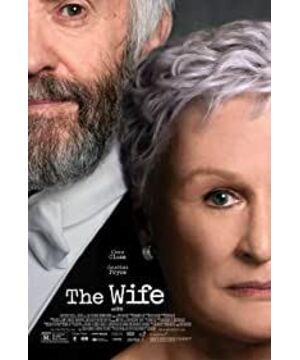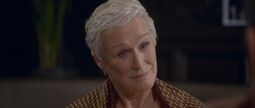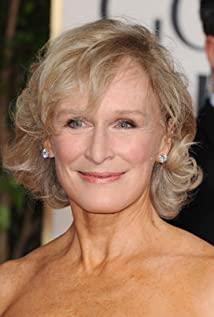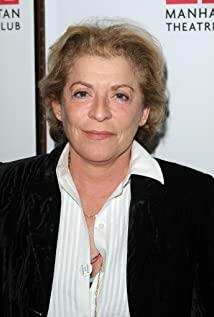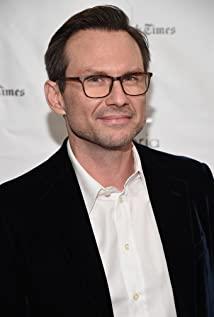I don't think the husband is actually a complete scumbag (he's just sorry for his first wife), and if he insists on moral evaluation, his writer wife is also a mistress. The two people knew and fell in love with each other because of their literary dream. In this film, apart from the husband who abandoned his original wife and married the real muse, he did not see him really cheating. The cheating episode was actually a flirting episode with his now-literate wife. And the clip of teasing the waiter in the film does not actually have the substantive consequence of derailment. The original text of the poem that the husband recited to the waiter was the poem he read to his current wife, which implies that the husband just wanted to show that he was a talented person. In fact, in the eyes of others, he was already a Nobel Prize in Literature The winner, he doesn't have to prove anything at all. So why did he read that poem? Because that poem is his work alone. Thinking about the young husband who was also a proud person, he also created the idea of the first book, but the writing was rather clumsy (woody). Without the touch of his wife, the first literary work would not have been published. of. But in all fairness, in a sense, the husband also makes the wife. The director spends most of the film's time showing the male protagonist's shortcomings, but if he scrutinizes the full text of the male protagonist's award-winning speech, the husband has implicitly admitted that most of the credit for these literary works should be attributed to his wife, "My My wife is my sanity, my conscience, and the inspiration for every decent impulse I have ever had” (My wife is my sanity, my conscience, and the inspiration for every decent impulse I have ever had). It was written by my wife. Most people think that the male protagonist is a scumbag because they ignore the male protagonist's defense, and thus ignore the huge psychological pressure he has given silently and endured over the years.
The climax of the movie is that after the husband receives the Nobel Medal, the wife immediately leaves in anger. The husband has to catch up with him. The two argued endlessly over the authorship rights. The husband believed that the work was the masterpiece of the two of them, but after years of forbearance, the wife broke out and decided that the husband was only the editor and proofreader of all the works. Sitting there writing resentfully all the time? All these years I've been giving you back massages, serving you tea, cooking, taking care of our children, so that you don't get distracted by these chores, isn't that work? Haven't you thought about how many times I'm ashamed to death when I think that only you have the ability to make beautiful strokes? Ok? Do you think I wake up every morning feeling a little proud? (All these years you've been sitting in some giant stew of resentment? And what about all the years I've been rubbing your back, bringing you tea, cooking you dinner, watching the kids, so you could work without distraction? You don't think there were times when it killed me that you were the one with the golden touch? Hmm ? You think I wake up every morning feeling even remotely proud of myself?) The wife didn't listen and insisted on leaving, the husband finally Heartbroken to die. Probably only after this most tragic ending happened, did the wife finally realize that her husband really loved him, and finally acknowledged his husband's years of hard work.
Although the husband has many shortcomings, such as a lack of tolerance for others (including his own son), these are not unrelated to his psychological state of actually living in the shadow of his wife for a long time. He really loves his wife, otherwise he will not Heartbroken to die. After her husband died, the wife felt extremely sad and finally realized that the conflict between husband and wife is not as important as life after all. She told the biographer: "What I want to tell you is this: nothing you imply is true, and if you dare to slander Joe's (her husband's) talent in any way, I will take you to court" .
This film explores the essence of marriage. In fact, there is always one party in a marriage who pays more, but as long as they love each other, they cannot settle the account clearly. In the end, the heroine of this film has to settle the account, and the result is actually more tragic, but she finally understands that without the joint efforts of both parties, in fact, no one will have the final achievement.
View more about The Wife reviews


